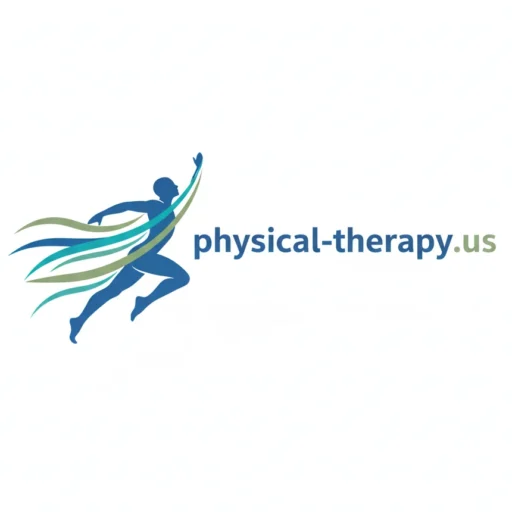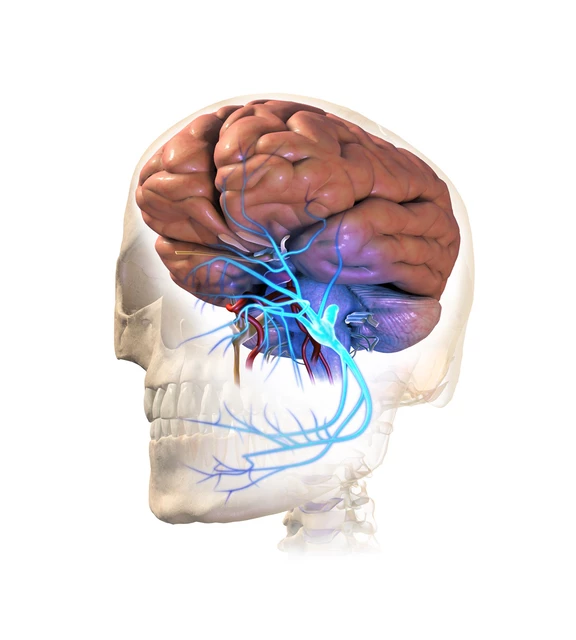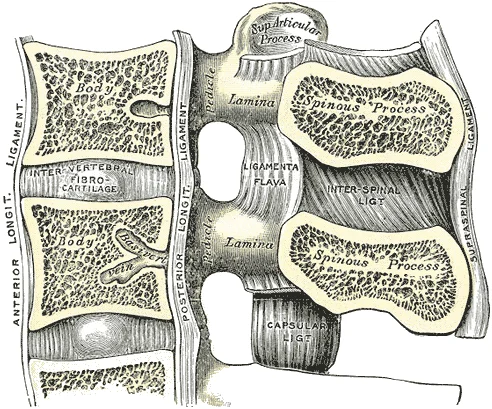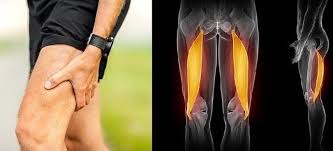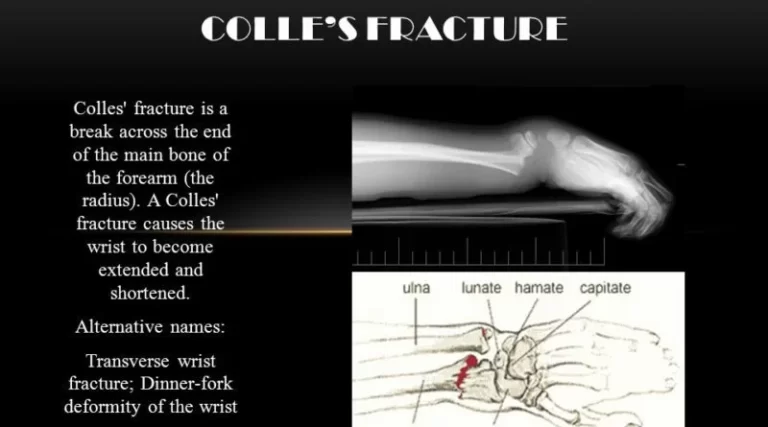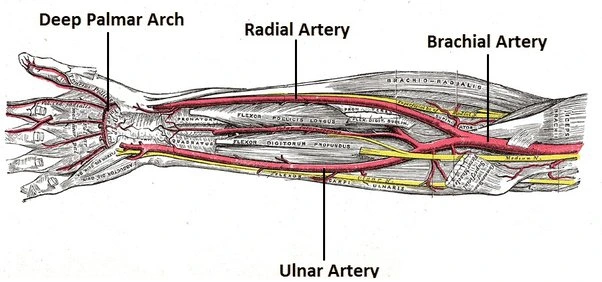Glossopharyngeal Neuralgia
Glossopharyngeal neuralgia (GPN) is an uncommon disorder that can produce shooting, stabbing, or intense pain in the back of the tongue, the tonsils, or the middle ear. The path that the discomfort follows is the glossopharyngeal nerve, which runs deep in the neck.
It supports the eustachian tube, middle ear, parotid gland (one of the salivary glands), back of the tongue, and throat. We looked further at glossopharyngeal neuralgia in this article, covering its causes, signs, and available treatments.
What is the Glossopharyngeal Nerve? Anatomy and its Function
The ninth of the twelve cranial nerves is the glossopharyngeal nerve (CN IX). The brainstem is where these nerves begin. Your mouth and throat attach to muscles, organs, and other tissues. These nerves are paired, with one on each side.
The glossopharyngeal nerve terminates in the back of your throat, deep within your neck. Among its many uses is the ability to swallow. It is also one of the few nerves in your body that has three different kinds of fibers:
- Motor: Permits the movement of muscles.
- Parasympathetic: Supports tissue and organs resting while not in use.
- Sensory: Gives you the ability to feel, taste, and sense temperature.
What is The anatomy of the Glossopharyngeal Nerve?
The glossopharyngeal nerve begins in the medulla oblongata, the bottom portion of your brainstem. It travels through many different types of neck structures before arriving at your throat, or pharynx. During its route are:
- You are leaving your skull via the jugular foramen, a small opening.
- Running down your neck parallel to your jugular vein.
- Located behind the styloid process, the protruding bone beneath your ear in your skull.
- Bending forward and making contact with your throat’s stylopharyngeus.
- Under the muscle of the hyoglossus. This muscle facilitates the lowering of the tongue and its movement towards the back of the mouth.
What is the function of the Glossopharyngeal Nerve?
Glossopharyngeal nerve functions are numerous. The muscles, organs, and bodily functions close to your throat are affected by the glossopharyngeal nerve, including the following:
- Carotid sinus: This hollow space facilitates blood flow from your brain into your neck’s carotid artery. It contributes to blood pressure regulation.
- Middle ear: You can sense fullness from fluid accumulation thanks to sensory nerve fibers. Pain might also be caused by an ear infection.
- Salivary or parotid gland: Saliva production is reduced by CN IX after meals.
- Tongue: The glossopharyngeal nerve, located in the back portion of the tongue, aids with taste perception.
- Stylopharyngeus muscle: A lengthy muscle that goes down a portion of your throat is called the stylopharyngeus muscle. This muscle is connected to CN IX, which raises the nearby throat (pharynx) and voice box (larynx). Swallowing is made possible by this.
- Tonsils: Pain from a sore throat or swelling caused by an infection can be felt by sensory nerve fibers.
What is the Glossopharyngeal Neuralgia?
- Glossopharyngeal neuralgia (GPN) is an uncommon disorder that can produce shooting, stabbing, or intense pain in the back of the tongue, the tonsils, or the middle ear.
- Three words make up the term “glossopharyngeal neuralgia”: “Glosso” means “your tongue.”Your throat is referred to as “pharyngeal.”Neuralgia” refers to pain resulting from a damaged or inflamed nerve.
- A rare pain ailment called glossopharyngeal neuralgia is caused by compression of the glossopharyngeal nerve. Severe pain episodes result from it, mainly affecting one side of the back of your nose and throat.
- The glossopharyngeal nerve, which runs deep in the neck, is the path that the pain follows. It supports the eustachian tube, middle ear, parotid gland (one of the salivary glands), back of the tongue, and throat.
- Typically, painful episodes come and go, lasting anything from a few seconds to several minutes. The pain can recur multiple times during the day. In some cases, it can take several weeks or months for it to return.
- People with this illness occasionally avoid eating, drinking, or chewing out of concern that these actions might trigger a painful attack. This may cause weight loss over time. GPN often affects a single side of the head. The tympanic branch of the glossopharyngeal nerve, which gets sensations from the middle ear and mastoid, is one of its multiple branches.
- The carotid sinus nerve, which supplies blood to the carotid body and carotid sinus (an expansion of the carotid artery near the major branch point), is another significant branch. Life-threatening symptoms such as syncope, bradycardia, or arrhythmia (irregular heartbeat) can arise after painful attacks. Rarely, cardiac arrest can happen without any unpleasant episodes.
What is the frequency of Glossopharyngeal Neuralgia (GPN)?
Less than 1 case per 100,000 persons in the US is documented every year, indicating the disorder’s rarity. Although it can happen to anyone at any age, it usually affects adults over 40 more frequently. Men seem to be more affected than women by it.
There are three subcategories of glossopharyngeal neuralgia according to the International Headache Society:
- Classical: when there is no indication of any other underlying medical issue and it occurs as a result of nerve compression.
- Secondary: when a tumor or other underlying ailment is causing the problem.
- Idiopathic: When there’s no indication of compression or underlying disease, it’s called idiopathic.
What causes Glossopharyngeal Neuralgia (GPN)?
The disorder frequently has no clear causes. A blood vessel close to the brainstem compressing the glossopharyngeal nerve may irritate and produce pain. Glossopharyngeal neuralgia can also be caused by trauma from an injury or surgical procedure.
In some instances, the disorder may be caused by:
- Blood vessel compression of the nerve root demyelinating disorders like multiple sclerosis.
- Inflammatory or autoimmune disorders like Sjögren’s disorders
- Tonsil or mouth infections
- Tumors, malignant or non-malignant
- Abnormalities of the cervical spine or skull
- Stylalgia, or Eagle Syndrome
What are the symptoms of Glossopharyngeal Neuralgia (GPN)?
Pain from glossopharyngeal neuralgia can last anywhere from a few seconds to as long as two minutes at a time. The pain often begins suddenly and is very strong along the areas of your brain that your glossopharyngeal nerve transmits sensory information to, including:
- The base of your mouth.
- The upper throat and back.
- The tonsils.
- The inner ear.
A painful episode may be triggered by certain actions, such as:
- Consuming cold drinks.
- Chewing.
- Swallowing.
- Coughing or sneezing.
- Clearing one’s throat.
- Placing a hand on the gums.
Some people experience extra symptoms because the glossopharyngeal nerve is next to the vagus nerve, commonly known as cranial nerve X. These could consist of:
- Low blood pressure.
- Fainting
- Cardiac arrest.
What is the diagnosis for the Glossopharyngeal Neuralgia (GPN)?
Tests will be performed to look for issues at the base of the skull, such as tumors. Testing could involve:
- Blood tests to rule out infections and tumors are one type of test that may be conducted.
- CT scan of the brain.
- MRI of the head
- X-rays taken of the neck or head.
The glossopharyngeal nerve may occasionally show swelling (inflammation) on an MRI.
Images of the brain arteries can be done using the following methods to determine whether a blood artery puts pressure on the nerve:
- MRA stands for magnetic resonance angiography.
- CT angiography.
- Dye-filled X-rays of the arteries (conventional angiography).
What is the treatment for Glossopharyngeal Neuralgia(GPN)?
Anticonvulsant medications are typically the first line of treatment in most cases. Surgery is an option if drug therapy fails or if the patient experiences problematic medicine side effects.
Medications
- Anticonvulsants: GPN patients have frequently been prescribed gabapentin, pregabalin, phenytoin, oxcarbazepine, carbamazepine, and other antiseizure medications.
- Anti-depression medications: Anticonvulsants are occasionally administered in addition to amitriptyline and other antidepressants to treat patients who experience depression as a result of severe pain.
- Anesthetics: Local anesthetics can be topically given to painful locations, such as the back of the throat, or injected to block the nerve.
Surgery
Various surgical treatments can be used to relieve GPN discomfort. Microvascular decompression is the most typical of them, as will be discussed below. A different kind of surgery might be necessary if a tumor is discovered to be compressing the nerve or if Eagle syndrome a condition in which an extended styloid is compressing the nerve is identified.
- Microvascular Decompression: The most popular surgical method for treating glossopharyngeal neuralgia is microvascular decompression. General anesthesia is used during the procedure. On the side of the head where the discomfort is felt, the surgeon will make an incision and a little opening in the bone behind the ear.
- The physician will examine the nerve using a microscope, an endoscope, or both to look for any blood vessels that may be compressing it. Following the separation of the nerve and artery, the compression of the nerve is relieved by placing a small, permanent Teflon sponge between the nerve and the arterial. The surgeon will restore the bone and seal the wound after the treatment is completed.
- The most successful treatment both in the short and long term is microvascular decompression. It results in a reduced risk of pain recurrence and is successful in roughly 90% of instances. However, a less invasive technique might be used if a patient’s other medical issues prevent them from undergoing microvascular decompression surgery.
- Gamma Knife Radiosurgery, also known as SRS or GK, has been used in a small number of cases of glossopharyngeal neuralgia, which is a difficult-to-treat condition, but it has been used far more frequently in trigeminal neuralgia (a related ailment of a different nerve).
- An MRI or CT scan is performed while the patient is wearing a frame. Together, a radiation oncologist and a neurosurgeon carry out the treatment. High-precision software is utilized to target the glossopharyngeal nerve, and then a concentrated dosage of radiation is applied to the nerve to partially damage it. This may relieve some of the pain, but it may also partially numb the back of the throat.
Prognosis
The cause for the problem and the success of the initial treatment determine how well you perform. In cases where medication is ineffective, surgery is considered to be beneficial.
What are the complications of Glossopharyngeal Neuralgia?
- GPN complications could include:
- When pain is severe, fainting and a slow pulse may happen.
- Injury, such as a knife wound, to the internal jugular or carotid arteries that may be connected to GPN
- Difficulty speaking and swallowing food
- Adverse effects of the prescribed medications
Physical therapy for the Glossopharyngeal Neuralgia (GPN)
For glossopharyngeal neuralgia (GPN), physical therapy can be a useful treatment option along with medication. Your quality of life can be improved and pain managed with the aid of physical therapy. The following are some physical treatment methods that could be applied to GPN:
- Pain can be reduced by applying heat or ice to the affected area. The most appropriate type of therapy for you may be suggested by a physical therapist.
- Reducing pressure on the glossopharyngeal nerve can be done by maintaining proper posture. You can learn posture-correcting exercises from a physical therapist to help relieve shoulder and neck tension.
- Your neck and shoulder muscles will be gently massaged and stretched as part of manual therapy. Pain relief and increased flexibility are two benefits of manual therapy.
- Stress may make GPN symptoms worse. You can control stress and lessen discomfort by practicing relaxation techniques like deep breathing and meditation.
What are the precautions for Glossopharyngeal Neuralgia (GPN)?
There is no known specific cause for glossopharyngeal neuralgia, and there is no proven method for preventing it. To lessen your chance of getting illnesses that can irritate the glossopharyngeal nerve, there are a few things you can do to manage your general health. They consist of:
- Keeping your teeth clean: Flossing and brushing regularly can help prevent gum disease and other issues that can put pressure on the glossopharyngeal nerve.
- Keeping up a nutritious diet: Eating a balanced diet full of fruits, vegetables, and whole grains helps your body get the nutrients it needs to stay healthy.
- Managing stress: Because stress worsens pain symptoms, it may be helpful to discover ways to manage it successfully, such as physical activity, relaxation methods, or time spent in nature.
- Avoid specific foods and beverages, such as acidic foods or beverages that are too hot or cold.
- Avoid unnecessary talking, swallowing, and touching the throat or ear region.
Summary
Glossopharyngeal neuralgia is a syndrome that can cause brief, seconds-to-minute-long episodes of pain in the area of your nose and throat. Compression of the glossopharyngeal nerve is the cause. Medication helps a lot of people with their symptoms. However, surgery can be necessary for those whose condition doesn’t improve with medicine.
FAQs
What signs of neuralgia are present in glossopharyngeal pain?
A severe, stabbing pain that lasts a few seconds to several minutes, deep in the throat, or the tongue, ear, or tonsils, is a sign of glossopharyngeal neuralgia. When nerves leave the brainstem, they are often compressed by a tiny blood artery, which results in glossopharyngeal neuralgia.
How may glossopharyngeal neuralgia be treated?
The best medications are those that treat seizures, like carbamazepine. Certain people may benefit from antidepressants. In extreme situations where pain management proves to be challenging, surgery to relieve pressure on the glossopharyngeal nerve may be necessary. Microvascular decompression is the term used for this.
What is a glossopharyngeal neuralgia test procedure?
Your doctor could do a quick test by using a cotton swab to lightly touch the back of your throat. Patients with GPN frequently experience pain during this procedure; however, the pain can be reduced by applying a local anesthetic, or medication that numbs the affected area.
What is the glossopharyngeal nerve’s primary purpose?
The glossopharyngeal nerve (CN IX) belongs to the ninth group of the twelve cranial nerves. It provides muscular, parasympathetic, and sensory input to your mouth and throat. Among its various duties, the nerve facilitates swallowing by raising a portion of the throat.
What happens in a case of injury to the glossopharyngeal nerve?
The symptoms of glossopharyngeal nerve lesions include difficulty swallowing, parotid gland dysfunction, impaired taste across the posterior third of the tongue, palate, and pharynx, and impaired feeling over the same regions.
What distinguishes glossopharyngeal neuralgia from trigeminal neuralgia?
Glossopharyngeal neuralgia (GPN) is defined as pain in the oropharyngeal area throughout the mandibular activities, primarily the deglutition, whereas trigeminal neuralgia (TN) is the incidence of uncontrollable and electrical stun-like pain with a trigger zone.
References
- Professional, C. C. M. (n.d.-h). Glossopharyngeal neuralgia (GPN). Cleveland Clinic. https://my.clevelandclinic.org/health/diseases/15799-glossopharyngeal-neuralgia-gpn
- Glossopharyngeal neuralgia. (n.d.). Mount Sinai Health System. https://www.mountsinai.org/health-library/diseases-conditions/glossopharyngeal-neuralgia
- Rubin, M. (2023a, November 4). Glossopharyngeal neuralgia. MSD Manual Consumer Version. https://www.msdmanuals.com/en-in/home/brain,-spinal-cord,-and-nerve-disorders/cranial-nerve-disorders/glossopharyngeal-neuralgia#Causes_v43477010
- Professional, C. C. M. (n.d.-h). Glossopharyngeal nerve. Cleveland Clinic. https://my.clevelandclinic.org/health/body/22269-glossopharyngeal-nerve
- Glossopharyngeal neuralgia. (n.d.-c). ucsfhealth.org. https://www.ucsfhealth.org/conditions/glossopharyngeal-neuralgia
